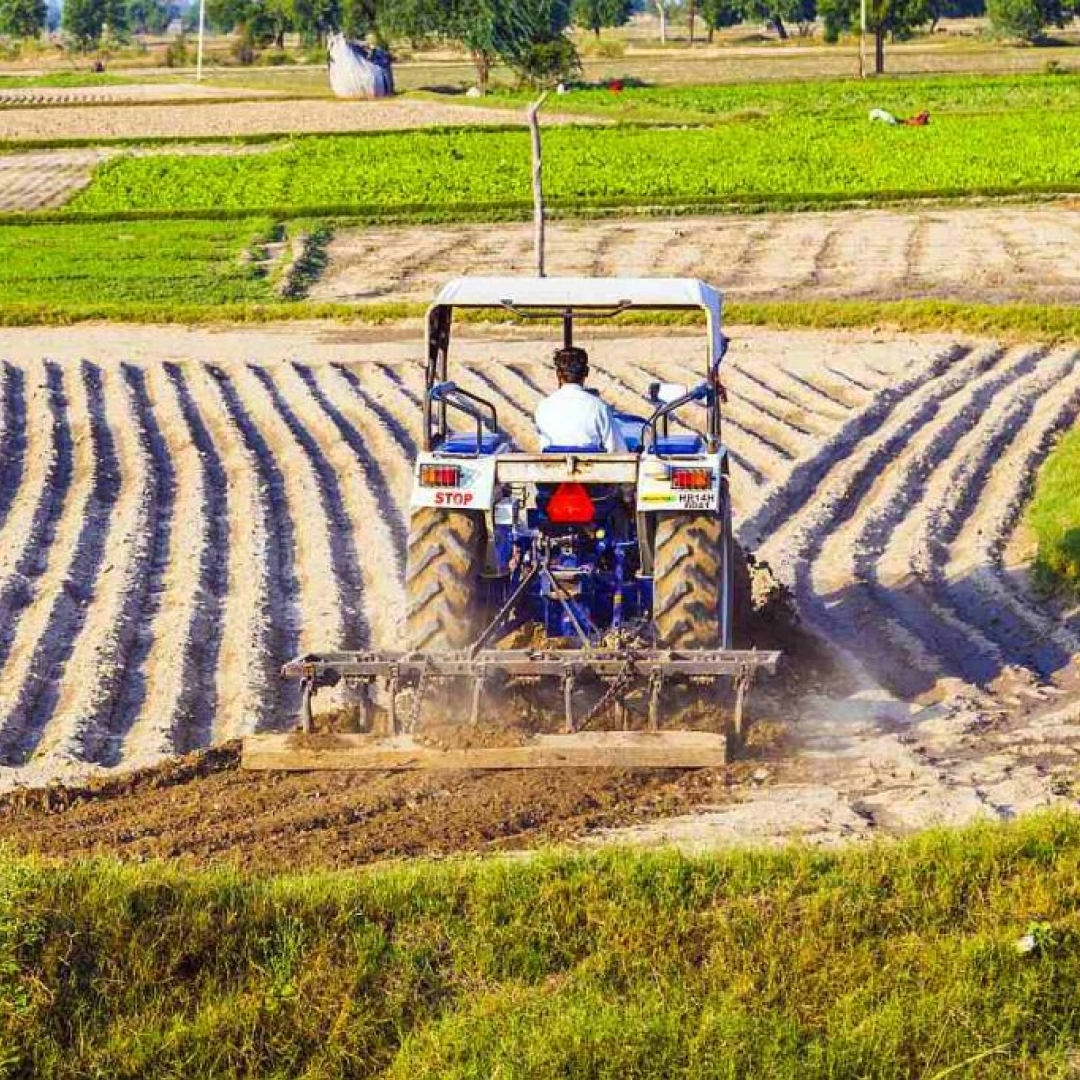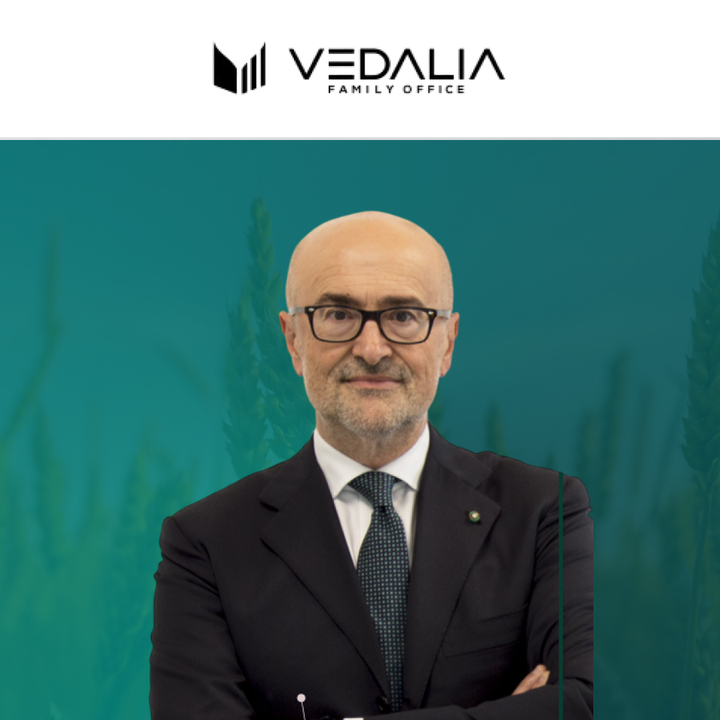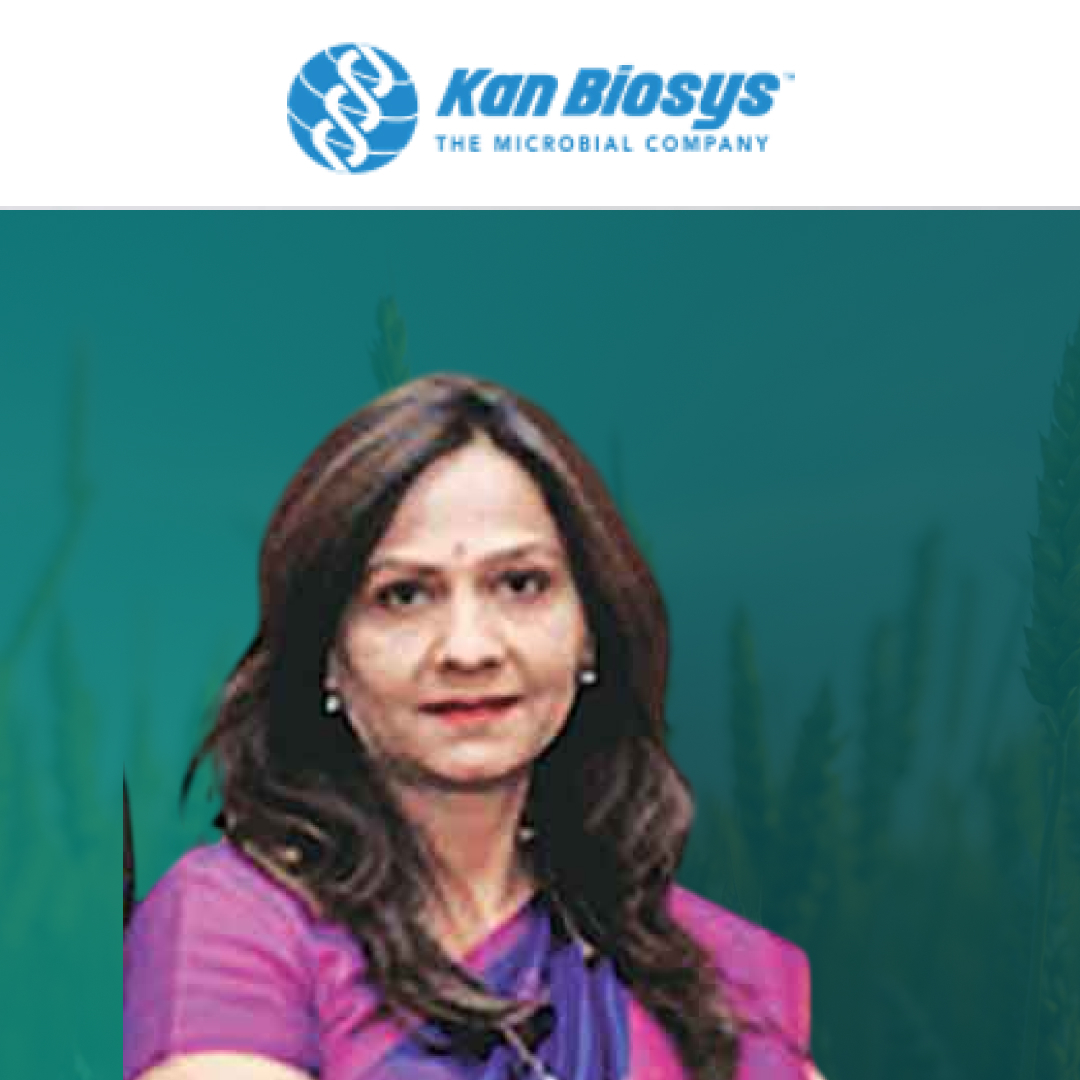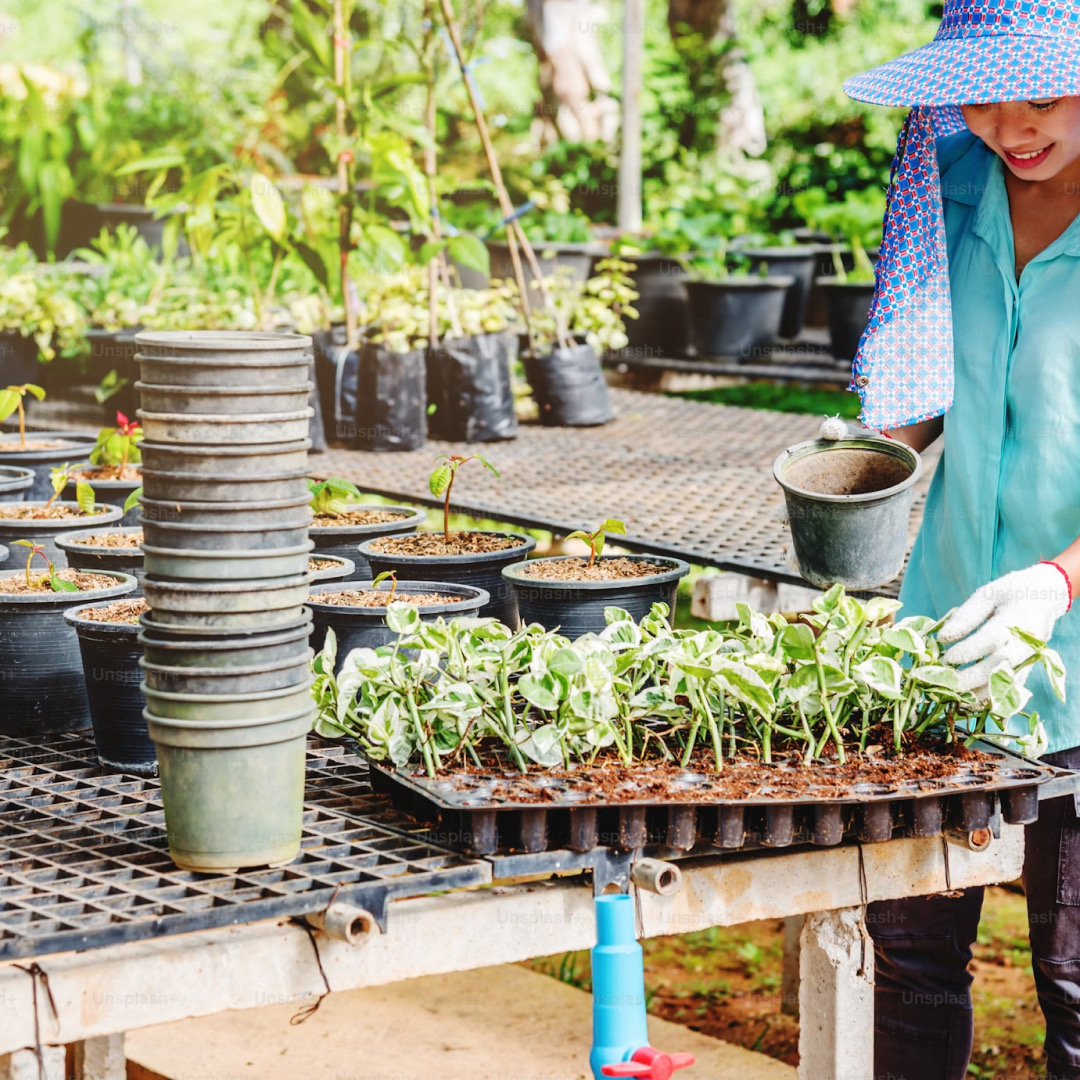
Dr. Suresh Prabhakar Prabhu is a renowned Chartered Accountant, Banker, Cooperator, Policy Maker, Strategist, Change Leader, Senior Politician and Former Senior Parliamentarian of India.
Over the course of 30 years, Dr. Suresh Prabhu has held 10 important cabinet portfolios at the federal level in the Government of India, including Industry, Power, Environment & Forest, Railways, Civil Aviation, Commerce and industry, and Fertilizers & Chemicals. Additionally, he has served as the Prime Minister’s Sherpa to the G7 and G20, playing a crucial role in shaping the official agenda of the Government of India on critical issues for the G7 and G20 Summits.
Suresh Prabhakar Prabhu has been a prolific speaker, delivering more than 5,000 lectures on education, economics, climate change, international relations, geopolitics, international trade, rural development, public policy, energy and sustainable development. He has led delegations from Indian governments, business community and think tanks to conferences, summits, meetings, and talks across more than 100 countries.
He has traveled to over 120 countries across all continents, visited all states in India, and explored nearly 80 percent of the districts in the country. This extensive travel has allowed him to better understand local issues and interact with various stakeholders.
Q1: With such a versatile resume and rich track record in various industries and the walks of life, it is difficult to pinpoint what drives you. Instead, let us focus on your deep commitment to agriculture, food and rural development for over 26 years. What inspired your commitment to improving the lives of rural communities, and what key challenges still need to be addressed?
Learning is a lifelong journey that begins at home, with a mother as a child’s first teacher. This early education shapes a child’s conscience before mentors refine their understanding. True education is the willingness to remain a learner, progressing from one milestone to another. Becoming compassionate, creative and competent starts with sensitivity to humanity and nature. Respect for biodiversity is key to enlightenment, fostering coexistence with nature. God, the Creator, grants discretion, urging us to heed nature’s voice. Only through this awareness we can advance meaningfully, ensuring a sustainable future built on wisdom, harmony and a deep connection with our world.
India’s economy is deeply rooted in agriculture, and the prosperity of our rural areas is vital to the nation’s overall progress. To foster rural development, we must prioritize environmental conservation, sustainable practices, and the establishment of suitable industries, alongside strengthening rural entrepreneurship.
As Union Commerce and Industry Minister, we introduced an industrial policy with a strong emphasis on promoting appropriate industries in rural areas, linking self-help groups and cooperative institutions with small-scale industries, and integrating them into the global supply chain. In the years that followed, these initiatives have yielded significant progress and development across the country.
Q2: You have implemented impactful initiatives in thousands of villages for the betterment of the farmers. Can you share a few success stories that highlight the transformation of rural communities brought about your efforts? How does that affect you?
During Atal Bihari Vajpayee’s tenure as Prime Minister, I held six different portfolios, one of which was Water Resources. This gave me firsthand experience in dealing with this critical sector, making me deeply aware of the significance of this initiative. Later, during Prime Minister Narendra Modi’s second term, Ghar Ghar Jal — a mission aimed at providing high-quality piped drinking water to every household in India, was launched and remains one of the country’s most transformative initiatives.
Access to clean drinking water is a crucial milestone in addressing public health challenges, as waterborne diseases account for two-thirds of illnesses and one-third of fatalities in India. In many rural areas, young girls miss school, and women are unable to work due to the time spent in fetching water. By improving water accessibility and quality, this initiative has transformed lives—ensuring safe drinking water for households, increasing school enrollment for girls, and boosting female workforce participation. As a result, household incomes have risen, and the socio-economic impact continues to grow, with success stories emerging across the country.
As Chairman of Saraswat Bank and Founding Chairman of Manav Sadhan Vikas Sansthan, I spent over three decades advancing rural development, working with 100+ community organizations. Our Parivartan Kendra Model has improved education, employability, entrepreneurship and healthcare in 3,000+ villages across Maharashtra’s Ratnagiri-Sindhudurg region. Additionally, through my MPLADS Fund, I established skill development centers in every district of Andhra Pradesh and provided ambulances to enhance healthcare access statewide. Our community-driven initiatives continue to foster self-reliance, empowerment and holistic human development, creating lasting socio-economic impact.
Q3: With the deterioration of soil health and climate change posing a major threat to agriculture, what policies or strategies do you believe are essential for making farming more sustainable and climate-resilient? Do you agree that sustainable farming practices including BioAg and natural inputs can be the part of the solution?
The restoration of topsoil health, optimal water utilization and climate change are the three major challenges the agriculture sector is facing. Enhancing productivity and resilience in agriculture remains a key priority. To ensure sustainable farming, it is essential to empower farmers with innovative agricultural technologies and support them in leveraging market opportunities.
High-yielding, climate-resilient and biofortified crop varieties are highly beneficial as they reduce farmers’ input costs while also positively impacting the environment. By adopting these practices, farmers can nurture soil health, protect biodiversity, ensure sustainable agriculture, improve farmer prosperity and contribute to India’s nutritional security.
Through the Digital Public Infrastructure (DPI) initiative, more farmers will gain access to accurate crop estimates, which are crucial for better planning and timely interventions—benefiting both farmers and consumers in situations of either shortage or surplus. To further promote sustainable farming, government initiatives such as the National Mission on Natural Farming hold the potential to drive a transformative shift in Indian agriculture.
Q4: You have played a crucial role in shaping India’s policies. What are some key global sustainable farming practices that India should adopt? What advice would you give to young professionals and policymakers who are passionate about making a difference in soil health, rural development and sustainable agriculture?
Indian farmers are embracing sustainable farming practices with proven global success. Wider adoption is essential, especially for technologies like drip irrigation, which conserves water and boosts crop yields. Recognized as vital for agriculture, drip irrigation outperforms flood, furrow and sprinkler methods, particularly benefiting arid and semi-arid regions by enhancing productivity and resource efficiency.
Precision farming is transforming Indian agriculture, with farmers adopting GPS, sensors, and data analytics to optimize resources and boost yields. Agriculture drones further enhance efficiency by enabling precise spraying and crop health monitoring while reducing costs and waste. These advanced technologies are driving sustainability and productivity across various states.
Mahatma Gandhi once said, “India lives in its villages.” If we develop our villages, the nation will prosper. Skill development programs can create significant opportunities for local youth, women and farmers, unlocking the rural economy’s true potential. Rural areas have the capacity to emerge as major growth hubs for the country. Young professionals and policymakers who are passionate about India’s growth story can play a critical role in training rural youth to enhance technology adoption in agriculture, promote agro trade and establish strong market linkages.
As Commerce and Industry Minister, I launched district-level growth centers, believing that if districts thrive, the nation will too. Young professionals and policymakers can lead this district-focused growth, reversing the traditional development model. By prioritizing local expansion, we can accelerate national progress and benefit grassroots communities. Our youth are key in driving inclusive, sustainable development, creating long-term opportunities for the underprivileged.
Q5: We are delighted for your support and dedicating your time to the BAW Congress & Expo (23–25 April 2025) in Delhi, India. What message would you like to share with the globally regional audience about the importance of the BAW Congress & Expo in India, and what can they expect from Indian Industry, which is not only driving the growing demand for sustainable farming inputs but also emerging as an innovation hub?
I am pleased that the BioAgTech World Congress & Expo (BAW Congress & Expo) is being hosted in India this year. India ranks second globally in farm output and leads in wheat, rice, pulses and cotton production. We are also the world’s largest producer of milk, with the biggest buffalo herds, and a thriving poultry industry. Additionally, India is a top producer of fruits and vegetables and has the highest number of organic farmers globally.
With the growing demand for bio-pesticides and bio-stimulants, cutting-edge technologies, and government support, India is poised to become a global leader in the BioAgTech industry. This event aligns perfectly with India’s commitment to sustainable agriculture, and I extend my best wishes for its success.







Leave a Reply